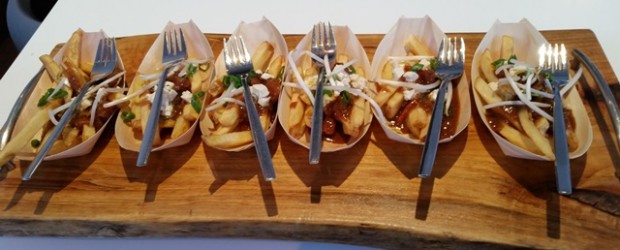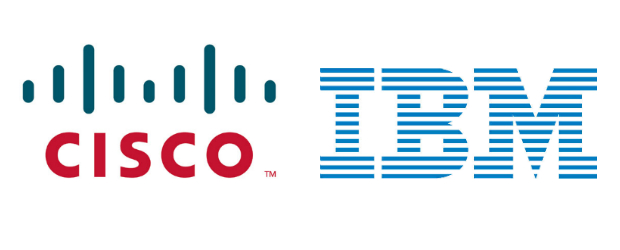TORONTO – IBM Watson has beaten Jeopardy champions like Ken Jennings and most recently is being used to improve patient treatments for lung cancer. But can Watson cook?
Well, Watson can’t actually cook since it’s a computer system with artificial intelligence and has the ability to answer questions based on natural language. But what it can do is provide guidance to chefs in creating new culinary delights.
At a recently IBM Canada event at the St. James Deanery in Toronto, Watson’s analytical capabilities was put to the test in helping chefs inventing a better poutine using the machines cognitive computing system.
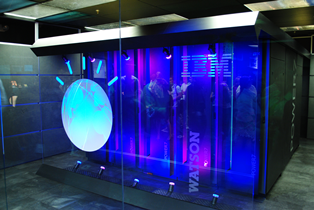
IBM Watson
The challenge for Watson is to learn the distinctive flavours from major cities in Canada such as Toronto, Montreal and Vancouver and present its findings to chefs and improve the human expertise. The results saw chefs create unique recipes that featured unusual ingredients and combinations.
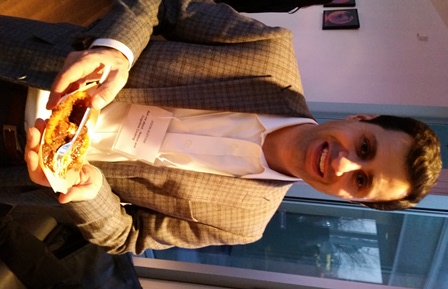
Jason Buffone of IBM Canada
“There is an art and science to cuisine. Imagine you take Watson’s cognitive technology and partner that with technology and chefs. Now the chefs can tap into not just hundreds of flavours and ingredients but millions and from all types of ethnic backgrounds,” said Jason Baffone, a director at IBM Canada, based in Ottawa.
The chefs came up with five unique and daring poutine recipes such as Chinese Greek chop suey poutine, Italian/Korean fried diavola poutine, and Japanese middle-eastern onion ring poutine.
Chef Watson’s cognitive system has the ability to understand and reason the big data behind cuisine, while also looking at the chemistry and food pairing theories of the recipes. IBM Canada is demonstrating what Watson can do with cuisine to showcase what cognitive computing can do for other industries such as retail, healthcare and financial services.
“This displays the cognitive ability of Watson. The concept with healthcare is you go there to get well but you are served terrible food. How about changing that; by making the food taste good. You can now factor in if a patient is lactose intolerance or needs gluten free food, for example. This is what Watson can do for the wellness of the community,” Buffone added.
One of new ingredients Watson found for the chefs preparing the poutine was Georgian cheese that was used for the Montreal flavoured poutine. Chefs would have found it very hard to discover this type of cheese without the help of Watson, Baffone said.
Watson was able to analyze quintillions of ingredient combinations and regional flavour preferences to create five unique poutine recipes for each Canadian city. IBM Canada will be inviting residents of Toronto and Montreal to try the poutine recipes and vote online for their favourite starting February and the voting ends in March. The most popular recipe for each city will be revealed in early March.
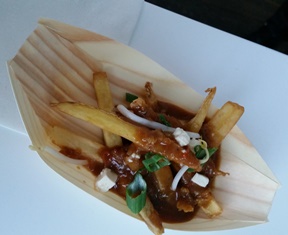
Chinese Greek chop suey poutine
On hand for the IBM Canada event were executives from Ryerson University in Toronto. Ryerson has one Watson unit for its student body and faculty at the University is interested in working with the public sectors and channel partners on unique projects that students can take on with the help of the Watson computer.


